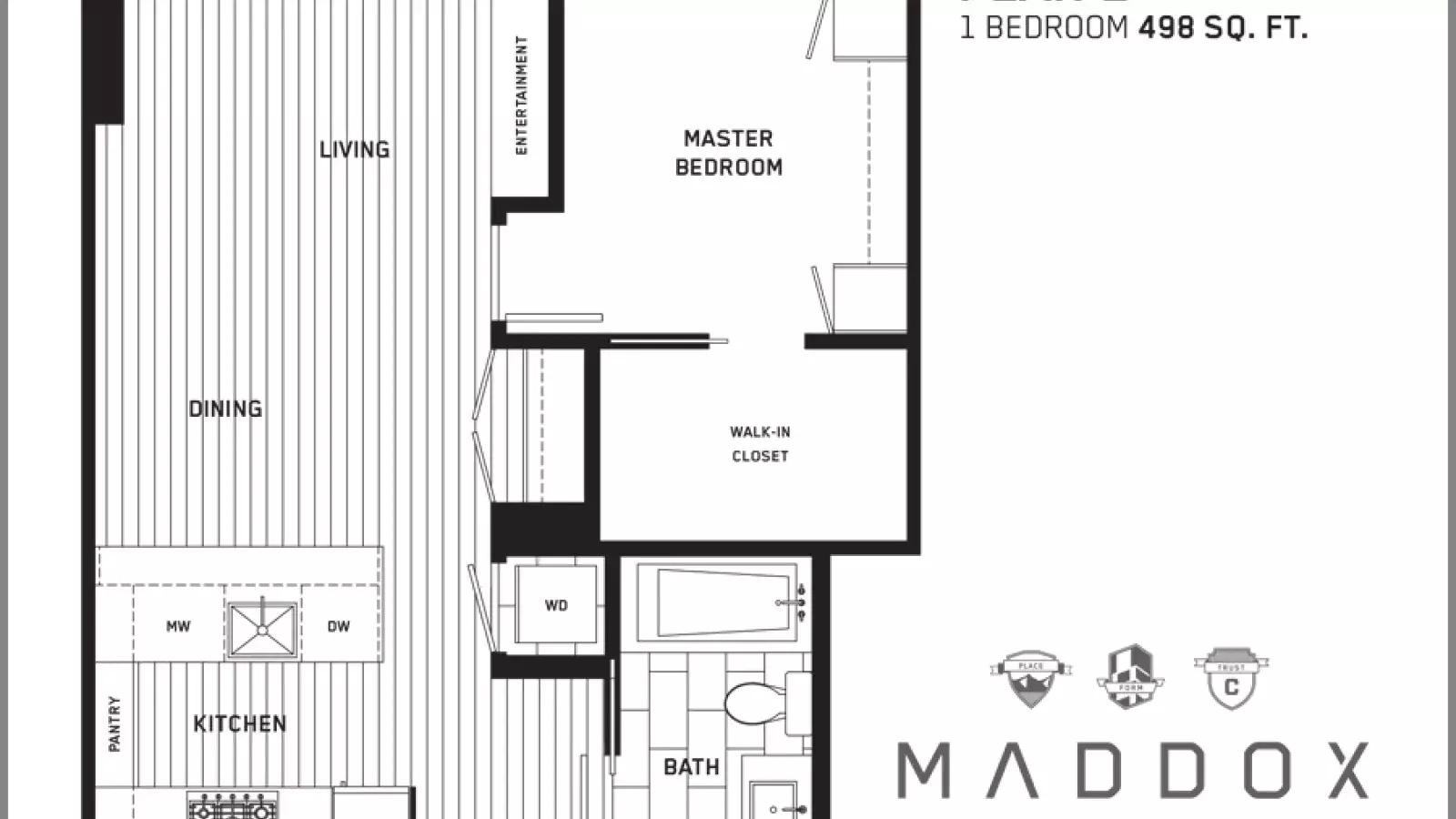In October, we wrote about the project by Atira Housing Society that has successfully repurposed old shipping containers into comfortable and stylish compact homes. More recently, a Vancouver-based company has undertaken the process of developing a 100-square-foot home concept. Take also the increased interest in laneway housing design in Vancouver, and it appears smaller-sized homes are getting a lot of attention these days. With this in mind, it seems a good time for homeseekers to understand how much space they really require: how much space do we actually use in a home and what could we live without?
Some of the traditional elements in our urban dwellings, such as a back yard, separate den spaces and recreation rooms are changing. For many urban residents, the desire to use their neighbourhood as an extension of their home is key. They may sleep and dress in their own space, but eating, playing, exercising or studying are often done outside the home. For exercise or entertainment, for example, many urban residents use large neighourhood parks with playgrounds, walk to watch the Canucks game or concert, run the seawall, work-out in a nearby boot camp class, use the local library or Starbucks for wi-fi access and dine out in local restaurants and cafes.
Considering every square foot is measured in dollars by developers, realtors and buyers alike, we spend much of our time working to create efficient, well-designed homes and are consistently looking at ways to adjust homes to match our lifestyles and technology. A few years ago, for instance, workstations were a very popular substitute for a full den. Now, however, many newer buildings forego both. With laptops and wi-fi, a dedicated workstation seems unnecessary and homeowners are asking for more cabinetry, counter space and closet space instead.
We find every new community we work on is an evolution from the last. We focus a great deal of attention on how to make a 550 sq. ft. home feel and function like a 650 sq. ft. home. We do this to create as much function for our homeowners’ dollars as possible. So, what’s important to you in your space or what could you live without? We would love to hear what you think. How much space is enough?



